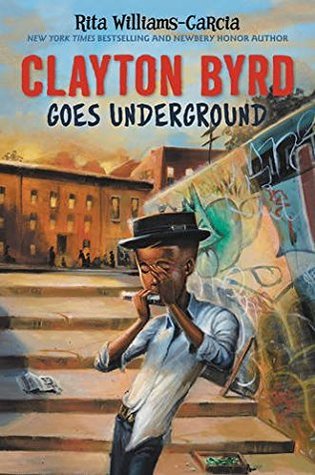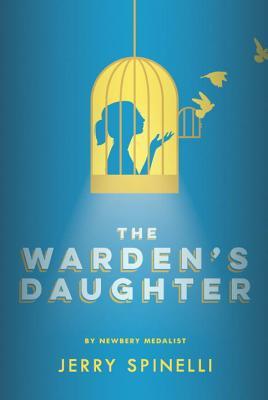For the next half of National Poetry Month 2017,
Malvina will Sing It, and I'll write a poem in response.
Along with all of the songs she wrote about the issues of her times (still current now), Malvina Reynolds also wrote songs for children. In the documentary Love it Like A Fool, she mentioned that it irked her that men were taken seriously when they were any age, but with her white hair and her songs for children, she became known as "The Singing Grandmother." Anyone who's been listening along through this month knows without a doubt that Malvina Reynolds was much much more than a "Singing Grandmother."
Pennies
The beaded coin purse
full of loose change,
mostly pennies,
bulged on the kitchen counter
beside the mug full of leaky pens and
pencils with dried out erasers.
In the top dresser drawer
beneath silky slips
that hadn’t been worn in decades
was stashed a plastic bag of pennies.
All wheatheads,
collected because perhaps they’d become valuable.
Mom’s laudable thrift,
learned at the knee of necessity
makes my lack of frugality
appear extravagant.
Her someday was always out of reach.
Mine jingles in my hand.
©Mary Lee Hahn, 2017
Sing It, Malvina!
April 1 -- Working for Change
April 2 -- A Lifetime Filled With Change
April 3 -- Red
April 4 -- Little Red Hen
April 5 -- Childhood Dreams
April 6 -- Lonely Child
April 7 -- Quiet
April 8 -- Storyteller
April 9 -- Troublemaker
April 10 -- Girl Power
April 11 -- Choices
April 12 -- My Gal, Mother Nature
April 13 -- Not a Joke
April 14 -- I Don't Mind Failing
April 15 -- What is Feminism?
April 16 -- Holes
April 17 -- They Can Have Their Cake and Eat it, Too
April 18 -- We Won't Be Nice
April 19 -- Grass is Persistent
April 20 -- Ticky Tacky
April 21 -- Regrets
April 22 -- Skagit Valley Forever
April 23 -- The World's Gone Beautiful
April 24 -- Rain
April 25 -- I Live in a City
April 26 -- The Hard Work of Real Human Beings
April 27 -- Current Events
April 28 -- Pennies
Joann has the Poetry Friday Roundup at Teaching Authors.
































